Latest Blog & News in English

Hajj in the Classroom: A Gentle Way to Teach Community and Faith Traditions
02/23/2026Hajj is one of the biggest events in Islam. During Hajj, Muslims travel to Makkah (Mecca) in Saudi Arabia for a special pilgrimage (a religious journey). In childcare, we can teach about Hajj in a kind, simple, age-appropriate way—without reenacting religious rituals. Instead, we focus on them... Hajj in the Classroom: A Gentle Way to Teach Community and Faith Traditions

From Mount Sinai to Story Time: Shavuot Ideas for Kids
02/23/2026Shavuot is a Jewish holiday that many families celebrate in late spring or early summer. In childcare, Shavuot is a sweet chance to explore learning, gratitude, flowers, and the harvest in a way that feels fun and welcoming for everyone. You don’t need a long lesson. You can do Shavuot in kid-... From Mount Sinai to Story Time: Shavuot Ideas for Kids

Big Love, Little Hands: Fun Mother’s Day Classroom Ideas for Kids
02/23/2026Mother’s Day can be one of the sweetest days in a childcare classroom when it’s planned with care. Some children live with their mom, some don’t. Some have two moms, a grandma, an aunt, a foster parent, a dad who does “mom jobs,” or another loving grown-up. The goa... Big Love, Little Hands: Fun Mother’s Day Classroom Ideas for Kids
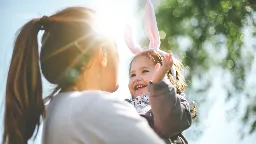
Good Friday in the Classroom: A Kind Approach for Early Learners
02/23/2026Good Friday can feel like a “big” topic but in early childhood, it can be gentle, calm, and caring. In many Christian families, Good Friday is a day of remembrance. In childcare settings (especially mixed-faith programs), the kind approach is to focus on values kids understand: love, kin... Good Friday in the Classroom: A Kind Approach for Early Learners
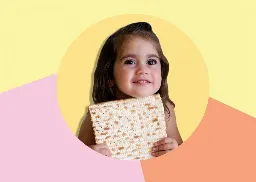
Passover for Kids: Sweets, Crafts, and Classroom Traditions
02/23/2026Passover (also called Pesach) is a spring holiday celebrated in many Jewish families. In childcare, you can explore Passover in a way that feels warm, simple, and inclusive even if not every family celebrates it. The goal is to help children learn about family traditions, springtime, and freedo... Passover for Kids: Sweets, Crafts, and Classroom Traditions
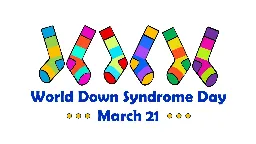
One Day, Big Impact: World Down Syndrome Day Activities for Childcare That Work
02/23/2026World Down Syndrome Day (March 21) is a great chance to teach children one simple message: everyone belongs. In child care, you do not need long lessons or big speeches. You can build inclusion through daily routines, kind words, and activities kids actually enjoy. #WorldDownSyndromeDay For ready-t... One Day, Big Impact: World Down Syndrome Day Activities for Childcare That Work
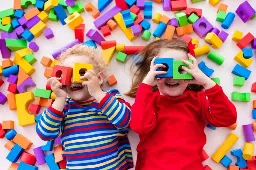
North Dakota CCAP Provider Bonuses: What Can You Earn and How?
02/23/2026If you run a child care program in North Dakota and serve families who use CCAP (Child Care Assistance Program), you may be able to earn extra money through bonus payments and other incentives. These funds can help you keep spots filled, support staff, and improve quality. This guide explains what ... North Dakota CCAP Provider Bonuses: What Can You Earn and How?

How to Prepare for a Silver State Stars Rating Visit in Nevada (Documents + Tips)
02/23/2026A Silver State Stars rating visit is a chance to highlight what your program does well. This article helps Nevada child care directors feel prepared by focusing on the paperwork and simple organization steps that make the visit smoother and less stressful. When your documents are easy to fin... How to Prepare for a Silver State Stars Rating Visit in Nevada (Documents + Tips)
Shamrock Fun! St. Patrick’s Day Activities for Kids
02/12/2026St. Patrick’s Day is celebrated every year on March 17. Many people wear green, look for shamrocks, and enjoy fun stories about leprechauns. In child care, you can use this holiday as a simple theme for play, movement, and learning—without needing to focus on any one belief. #StPatr... Shamrock Fun! St. Patrick’s Day Activities for Kids
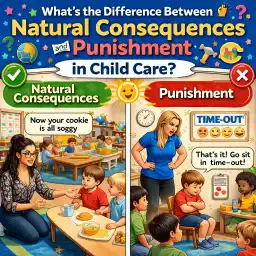
What’s the Difference Between Natural Consequences and Punishment in Child Care?
02/23/2026Introduction This short guide helps #providers learn simple, respectful ways to teach children the results of their choices. In child care, we often need fast, fair responses when a child breaks a rule. Two common approaches are natural or logical consequences and punishment. This article explains ... What’s the Difference Between Natural Consequences and Punishment in Child Care?